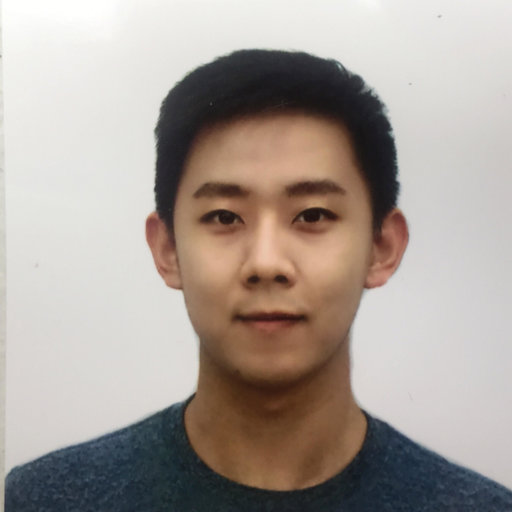Abstract
Perception, which involves organization, identification, and interpretation of sensory streams, has been a long-standing problem in robotics, and has been rapidly promoted by modern deep learning techniques. Traditional research in this field generally lies in single-robot scenarios, such as object detection, tracking, and semantic/panoptic segmentation. However, single-robot perception suffers from long-range and occlusion issues due to the limited sensing capability and dense traffic situations, and the imperfect perception could severely degrade the later planning and control modules.
Collaborative perception has been proposed to fundamentally solve the aforementioned problem, yet it is still faced with challenges including lack of real-world dataset, extra computational burden, high communication bandwidth, and subpar performance in adversarial scenarios. To tackle these challenging issues and to promote more research in collaborative perception and learning, this workshop aims to stimulate discussion on techniques that will enable better multi-agent autonomous systems with an emphasis on robust collaborative perception and learning methods, perception-based multi-robot planning and control, cooperative and competitive multi-agent systems, and safety-critical connected autonomous driving.
In line with the ICRA 2023 Making Robots for Humans theme, this workshop will provide a venue for academics and industry practitioners to create a vision for connected robots to promote the safety and intelligence for humans. The half-day workshop will feature presentations by distinguished speakers as well as interactive activities in the form of poster sessions and panel discussions.












